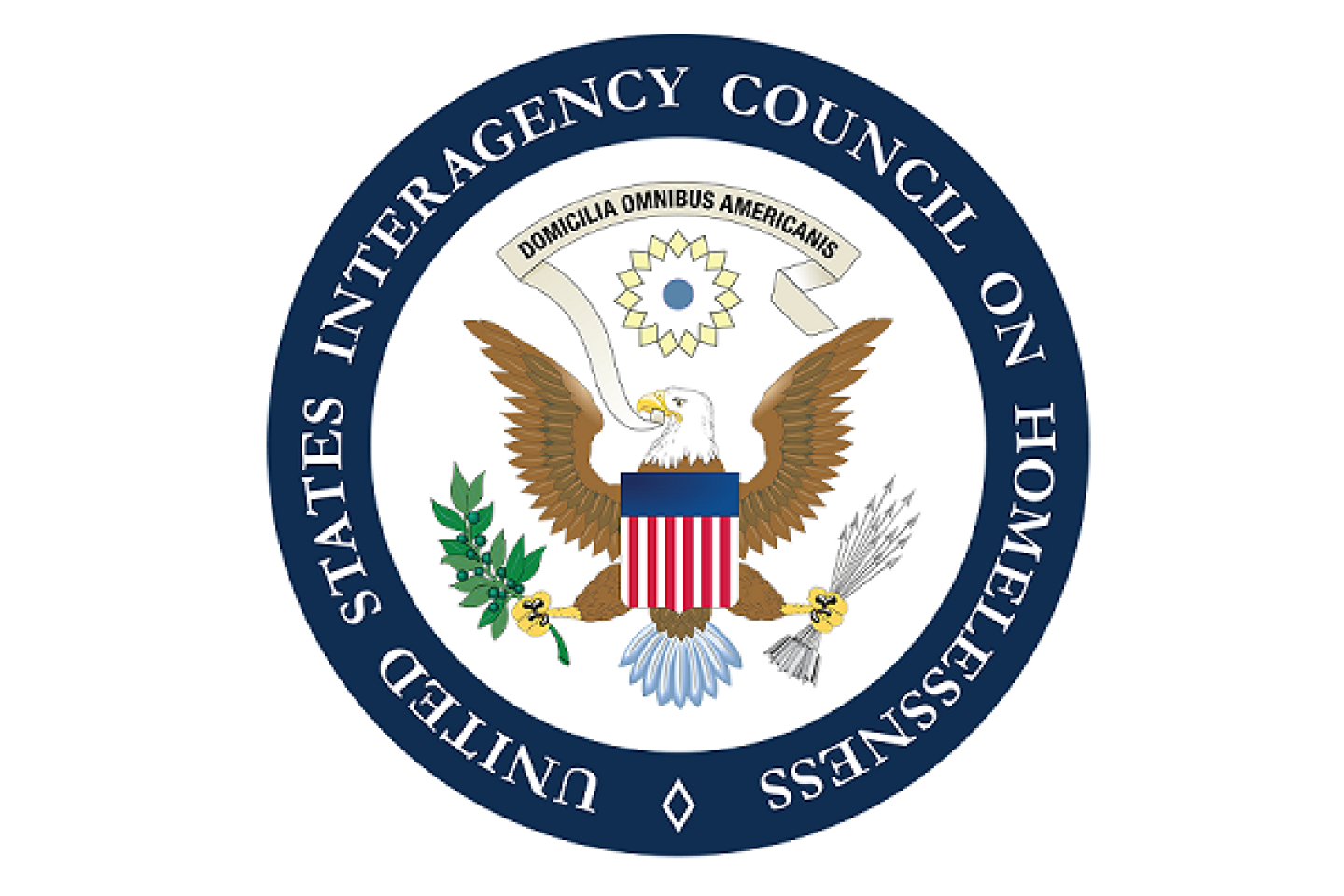USICH Visits California, Colorado, and Hawaii to Meet With Mayors, Service Providers, and People Experiencing Homelessness
Homelessness, and the response to this national crisis, is different in every community. This month, U.S. Interagency Council on Homelessness (USICH) Executive Director Jeff Olivet traveled to communities in California, Colorado, and Hawaii—three places with skyrocketing housing costs, high rates of homelessness, shortages of housing and shelter, and extreme weather that exacerbates all of these trends. He met with local and state leaders, service providers, and people experiencing homelessness to discuss and support unique challenges and innovative solutions.
“The federal government has a duty to listen to local needs and support local innovation,” said Director Olivet. “As I travel around the country, I am in awe of the people who are proving every day that homelessness in solvable—especially if we listen to what people experiencing it say they need and want. While every community has different challenges and solutions, one thing is universally clear: The foundation for a better, safer, and healthier life is housing. Without it, every other aspect of a person’s life suffers.”
In California, USICH Director Olivet and Senior Regional Advisor Helene Schneider met with Bay Area leaders to discuss strategies to prevent homelessness. The meeting consisted of representatives of Alameda County, Berkeley, Contra Costa County, Fremont, Hayward, Oakland, Richmond, and San Francisco. USICH also met with Alameda County’s Youth Advisory Board.
The USICH team toured many places, including:
- Encampments while participating in street outreach to connect people living outside to shelter and housing
- One of San Francisco’s housing navigation centers
- Berkeley Way Apartments and Hope Center, a new side-by-side development that features affordable housing and services for low-income people next to a center that includes supportive housing, shelter beds, and on-site services for mental health, substance abuse, and job training
San Francisco recently launched an initiative to end trans homelessness as well as a guaranteed income program for trans residents, and—like the federal government—is in the process of updating its citywide homelessness strategy. USICH discussed all with city leaders.
In Colorado, Director Olivet and Senior Regional Advisor Katy Miller participated in several roundtables with people who have experienced homelessness in the state; with city, county, and state homelessness leaders; and with service providers for Denver’s Continuum of Care (CoC), which coordinates the local homelessness response. Denver is testing a universal basic income program as a solution to homelessness, and voters there recently approved a measure that will create $300 million for affordable housing.
USICH also met with Denver Mayor Michael Hancock and with the governor’s Cabinet Working Group to Address Homelessness to discuss, among other things, their goals to reduce unsheltered homelessness at the local and state levels by 50% in the next three years.
While in the state, USICH toured many places, including:
- PATH (Providence At The Heights)—a supportive housing development in Aurora that focuses on trauma-informed care for people who experience homelessness, including people involved with the criminal justice system
- One of Denver’s “Safe Outdoor Spaces” that provide people experiencing homelessness a place where they can sleep, eat, shower, and receive on-site services for housing as well as medical, dental, and mental health care
- Renaissance Legacy Lofts and Recuperative Care, a new supportive housing development that sets aside beds for people recovering from acute health problems
In Hawaii, Director Olivet and Senior Regional Advisor Miller met with Governor-Elect Josh Green to discuss his 10-point plan for addressing homelessness, among other things. They also met with Honolulu Mayor Rick Blangiardi, who helped launch the CORE (Crisis Outreach Response and Engagement) Program, and with CoC leaders across the island.
The USICH team toured many places, including:
- Encampments with the Hawaii Health and Harm Reduction Center Outreach Team and the CORE Team that responds to health (including mental health) crises and helps connect people to shelter and support
- Puʻuhonua O Waiʻanae, a village formed by people experiencing unsheltered homelessness (largely Native Hawaiians) who organized and raised enough money to buy land for a permanent community and farm
- A “tiny home” community on government land, called Kama’okūmKauhale, that provides (in partnership with U.S. Vets) permanent housing for single adults experiencing homelessness
- Kahauiki Village, a public-private affordable housing project that repurposed emergency modular-housing units used during the tsunami in Japan into permanent housing, primarily for families and older adults
During the Hawaii Statewide Homelessness Awareness and Housing Solutions Conference, Director Olivet presented and met with local leaders to talk about their response to homelessness.
USICH expects to release the new Federal Strategic Plan to Prevent and End Homelessness before the end of the year. It is based on what USICH hears from communities and on the public input USICH received last year from thousands of people who represent organizations in more than 600 communities, including more than 500 people who have experienced homelessness.



